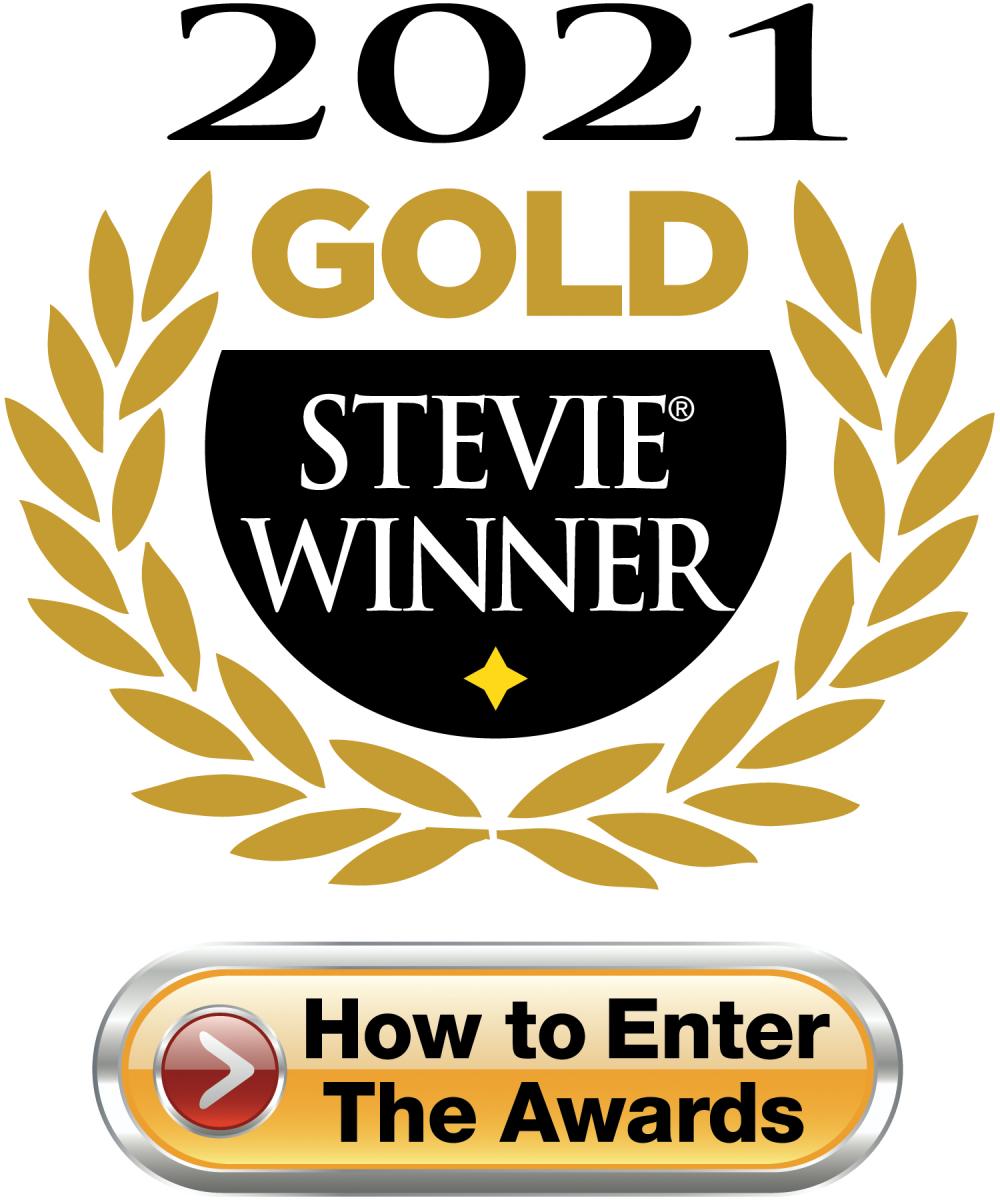LLYC - Marketing Campaign of the Year - Restaurants
Company: LLYC
Company Description: We are a global communications and public affairs consulting firm. We help our clients make strategic decisions within the disruptive and uncertain context in which we live, taking into account their reputational impact. And we collaborate with them to successfully execute them so that they can achieve their business goals, defend their social license to operate and increase their prestige.
Nomination Category: Marketing Campaign Categories - Industry
Nomination Sub Category: Marketing Campaign of the Year - Restaurants
Nomination Title: The Last Straw
Specify the date on which this campaign or program was launched: 28/01/2020 - 03/02/2020
In 2019, the brand conducted, in collaboration with IPSOS, a reputation study to detect the variables that consumers considered most relevant when assessing the responsibility of brands in the restaurant sector. In this study, the reduction of packaging waste was ranked as the third most important variable for consumers.
Despite the fact that the brand has been implementing environmental measures for more than two decades, the studies indicated that consumers still do not perceive this effort to its full extent, especially with regard to the reduction of plastics.
It was therefore urgent to communicate the company's efforts as a responsible brand committed to the environment.
The objective was twofold: to communicate the brand's sustainability commitments and to create and promote a collaborative movement in favor of the environment and the fight against climate change involving all the stakeholders.
We decided to take a humble starting point launching a collaborative movement to promote a positive change of habits for the planet, capable of encompassing all the brand's future communication campaigns related to sustainability.
Once the movement was created, the next step was to build a visible action to communicate the sustainability strategy to the institutions, stakeholders and society as a whole. We decided to begin precisely from the strategy itself. The most immediate milestone was the withdrawal of plastic straws in all restaurants in Spain.
Plastic straws had been on the spotlight for some time. They had become a negative symbol of climate change. Could we turn a plastic straw into something valuable, a collector's item turning it into a symbol of the brand's commitment?
The plastic straw became the hook we were looking for. An object with an expiration date, which after millions of samples produced, would have one last version: the last plastic straw. To give the value we wanted society to give it, we decided that the communication excuse would be to auction it. And, of course, to do it in a big way.
We decided to reveal it by surprise, at an event in which the brand would present its sustainability strategy, held in one of the company's most emblematic establishments, covered in recycled cardboard that would remain open to the public temporarily and would later be recycled to create 12 works of art and a mural by three renowned artists.
The auction went viral a few days after its launch, reaching a final bid of over 50,000 euros. The PR strategy developed made it possible to place the brand's sustainability strategy on the social and media agenda.
The announcement of the brand's sustainability commitments in Spain achieved presence in the 30 Tier 1 media for the brand, registering more than 200 pieces of media coverage (all of them won), with 95% in a neutral-positive tone, reaching an audience of more than 187 million unique users and an EPV of more than 2.1 million euros (Source: Sondea 360).
Social media also played a key role. The campaign became part of popular culture by opening several channels on FOROCOCHES and spreading on social networks, like no other sustainability campaign in the QSR sector had ever achieved so far.
On the company's social media profiles, the posts reached more than 5.9 million impressions, impacting more than 3.4 million unique users, and generating more than 490,000 interactions. Sentiment was positive in more than 66% of these interactions. And this, in a sector that is usually attacked when communicating in the context of sustainability, can be considered a very positive result.













